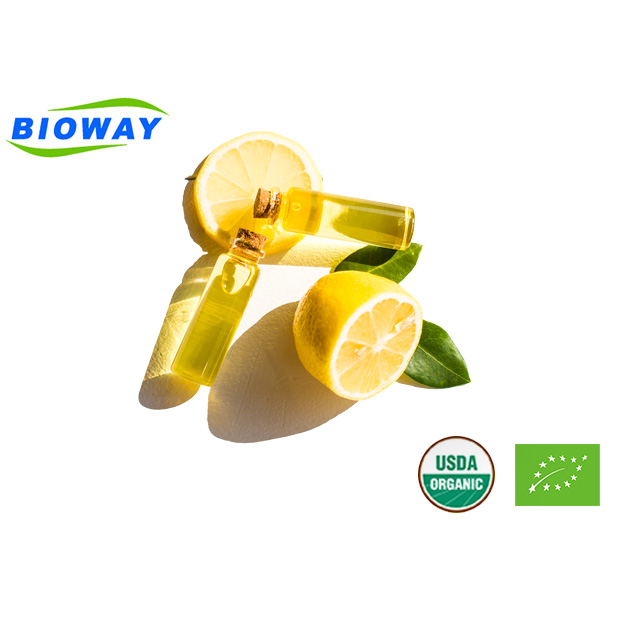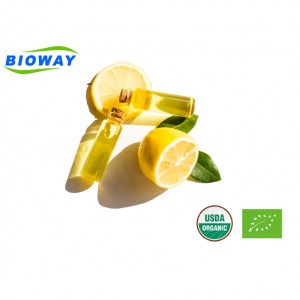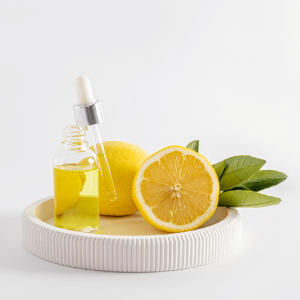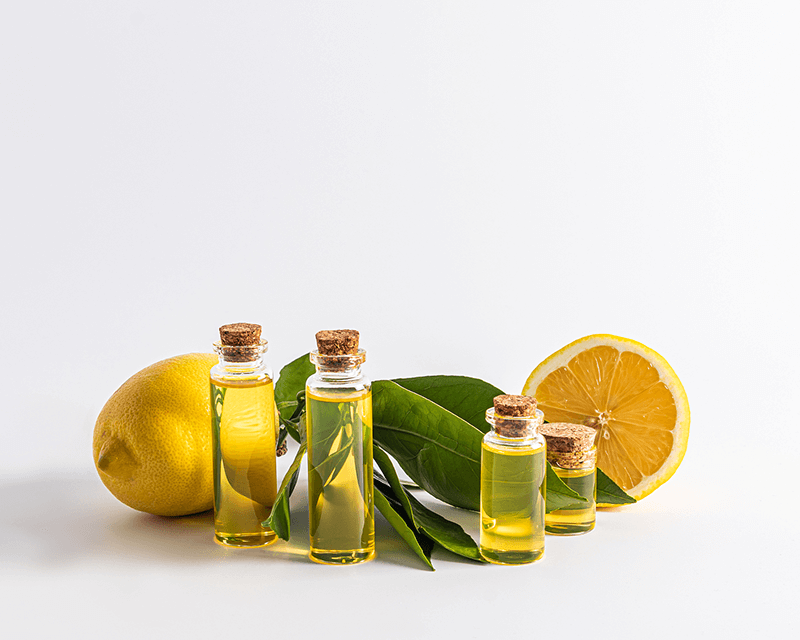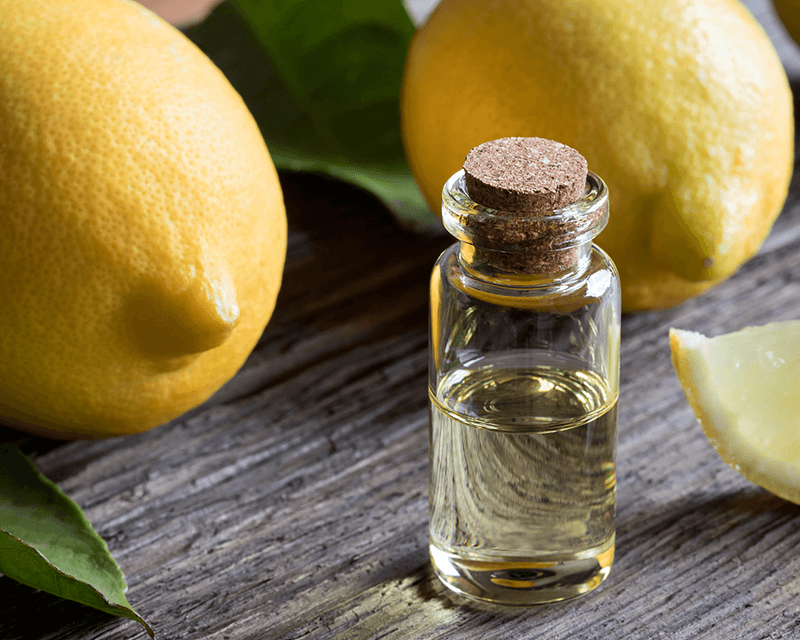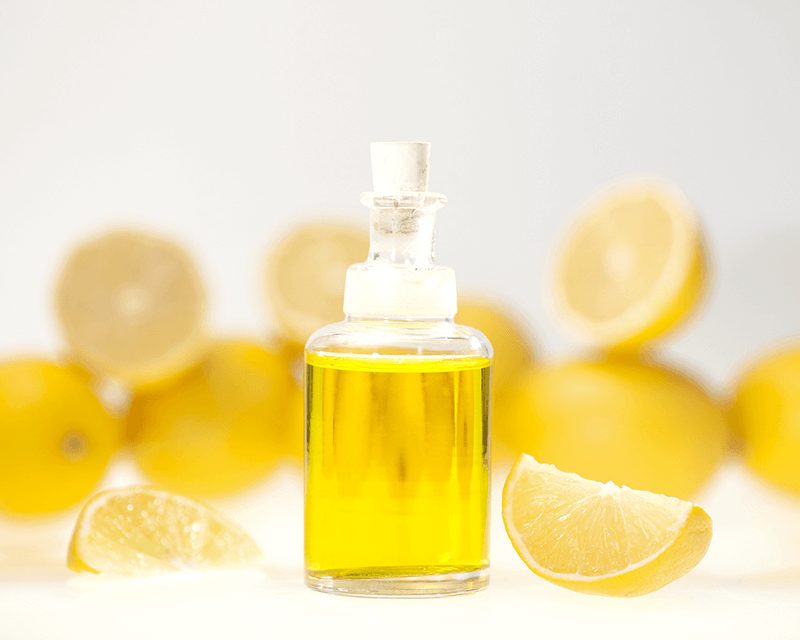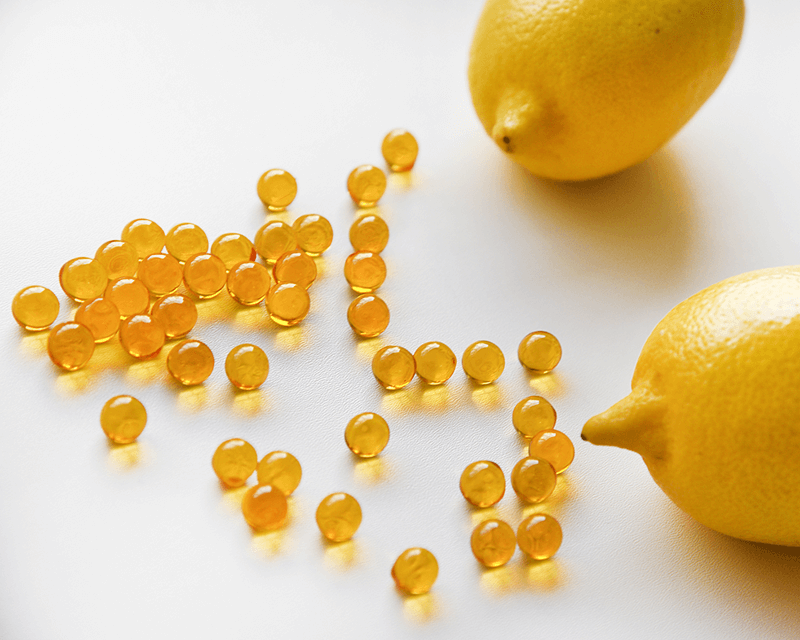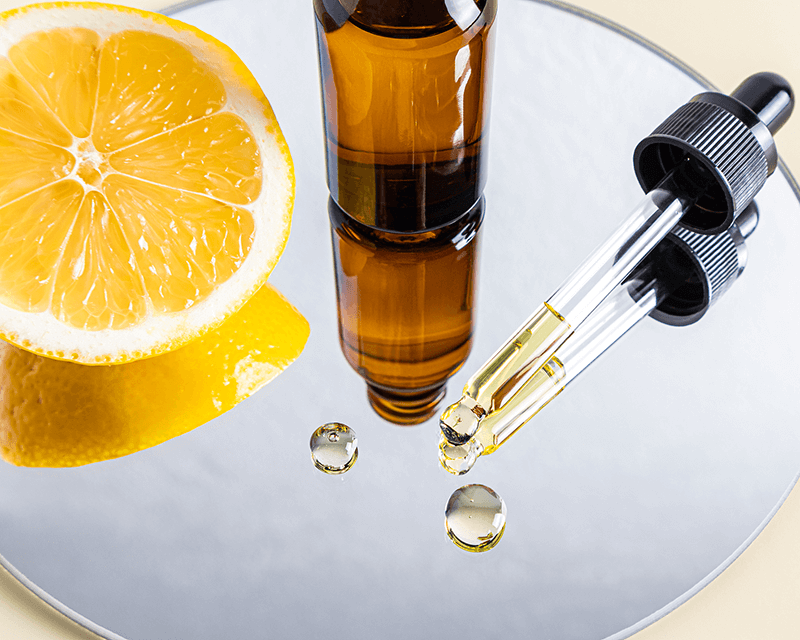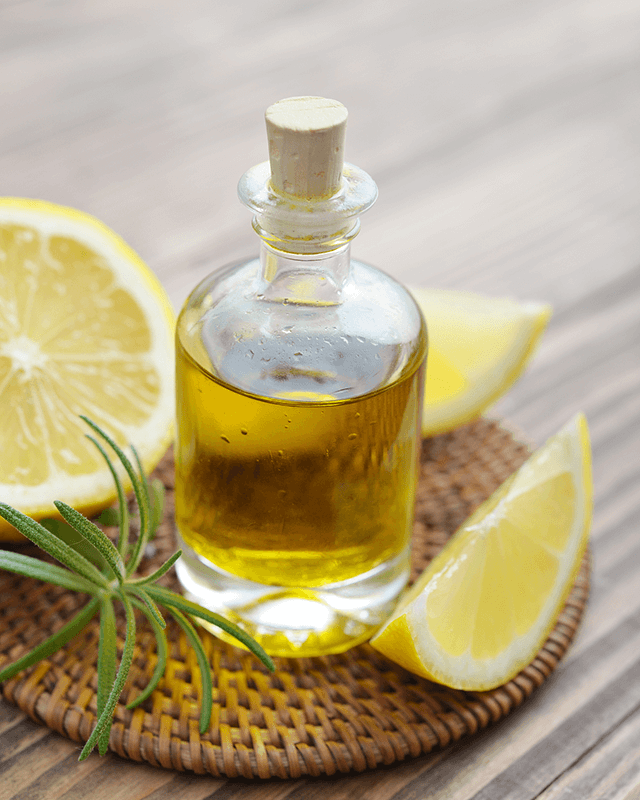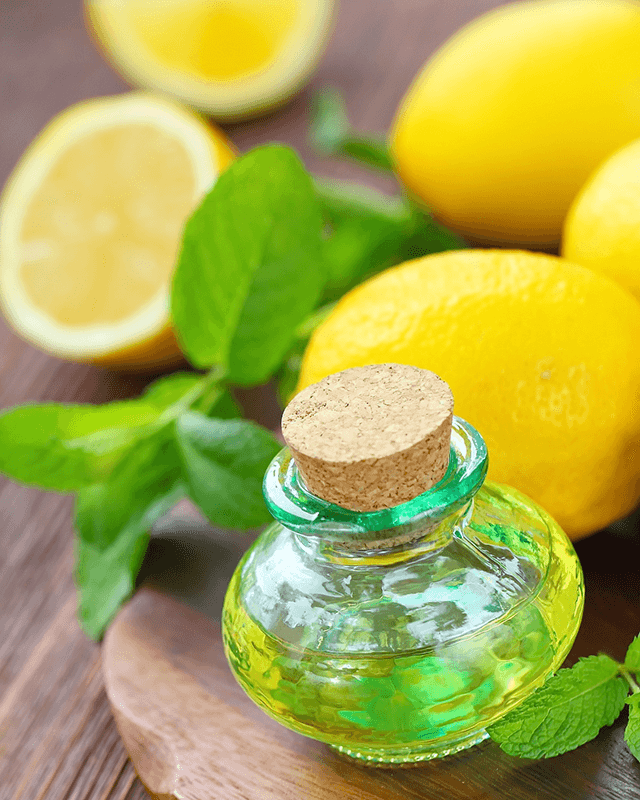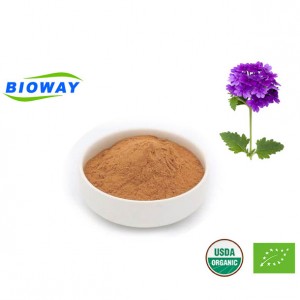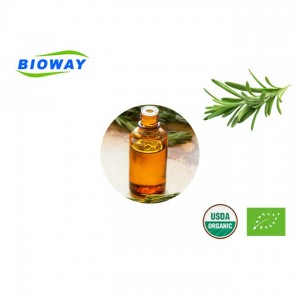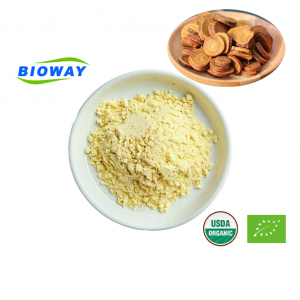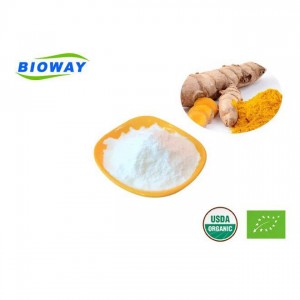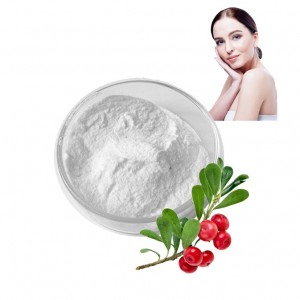Therapeutic-grade Lemon Peel Essential Oil
Therapeutic-Grade Lemon Peel Essential Oil refers to a type of lemon essential oil that is believed to contain the highest level of therapeutic benefits. It is typically obtained through a careful extraction process that preserves the natural compounds and properties of the lemon peel. This type of essential oil is commonly used in aromatherapy and natural healthcare practices, as it is believed to have various therapeutic properties, such as uplifting and refreshing effects, immune system support, digestive aid, and skin rejuvenation.
Lemon peel essential oil is a highly concentrated oil derived from the outer peel of lemons (Citrus limon). It is extracted through a process that typically involves cold pressing or steam distillation.
Lemon peel essential oil has a citrusy and refreshing aroma that is reminiscent of freshly peeled lemons. It is commonly used in aromatherapy, perfumery, and various personal care products due to its uplifting and invigorating properties.
The oil contains various beneficial compounds, including terpene limonene, which is known for its antioxidant and anti-inflammatory properties. Lemon peel essential oil is also rich in vitamins and minerals such as vitamin C and potassium.
| Items | Standards | Results |
| Appearance | Yellow oil | Complies |
| Scent | The characteristic aroma of fresh lemon rind | Complies |
| Relative Density(20ºC/20ºC) | 0.849 -- 0. 858 | 0.852 |
| Optical rotation(20ºC) | +60° -- +68° | +65.05° |
| Refractive index (20°C) | 1.4740 -- 1.4770 | 1.476 |
| Arsenic content (mg/kg) | ≤3 | 2 |
| Heavy metal (mg/kg) | ≤10 | 5.7 |
| Acid value | ≤3.0 | 1 |
| Ingredients content after the evaporation | ≤4.0% | 1.50% |
| Main ingredients content | Limonene 80% -- 90% | Limonene 90.0% |
When it comes to the product features of therapeutic-grade Lemon Peel Essential Oil, there are a few key aspects to consider:
1. 100% Pure and Natural: The oil should be pure, and extracted solely from lemon peels without any additives, synthetic ingredients, or dilution.
2. High Quality: The oil should be sourced from fresh, organic lemons and undergo strict quality control measures to ensure a high-quality end product.
3. Extraction Method: The oil should be extracted through a method that preserves the natural compounds and properties of the lemon peel, such as cold-pressing or steam distillation.
4. Aromatherapy Uses: Therapeutic-grade Lemon Peel Essential Oil can be used in aromatherapy to create an uplifting, refreshing, and invigorating environment. It is often used to boost mood, reduce stress and anxiety, and promote mental clarity.
5. Physical Benefits: This essential oil is believed to have numerous physical benefits, such as improving digestion, supporting the immune system, detoxifying the body, and rejuvenating the skin.
6. Versatility: The oil should be versatile and suitable for various applications, including diffusing, topical use (properly diluted), and incorporation into DIY beauty and cleaning products.
7. Safety Precautions: It's important to consider safety guidelines, such as proper dilution and patch testing before use, especially if applied directly to the skin.
Ultimately, a high-quality therapeutic-grade Lemon Peel Essential Oil should possess all these features to ensure its effectiveness and safety for use in aromatherapy and natural healthcare practices.
Therapeutic-grade Lemon Peel Essential Oil is known for its numerous health benefits. Here are some of its potential benefits when used properly:
Uplifts Mood: Lemon essential oil is often used in aromatherapy to elevate mood and reduce feelings of stress, anxiety, and depression. It has a refreshing and invigorating scent that can help create a positive and joyful atmosphere.
Boosts Immunity: Lemon oil is rich in antioxidants and vitamin C, which can help support the immune system and fight against free radicals that can damage cells. It may also have antibacterial and antiviral properties.
Improves Digestion: Lemon essential oil is commonly used to aid digestion by stimulating the production of digestive juices and promoting healthy bowel movements. It can also help relieve symptoms of indigestion, bloating, and nausea.
Detoxifies the Body: Lemon oil has detoxifying properties that can assist in cleansing the body. It may support liver and kidney function, promote lymphatic drainage, and assist in the elimination of toxins.
Enhances Skin Health: Lemon peel oil is often used in skincare products due to its astringent, brightening, and clarifying properties. It can help balance oily skin, reduce the appearance of acne and blemishes, and promote a more radiant complexion.
Promotes Healthy Hair: Lemon oil can be beneficial for the hair and scalp. It may help control dandruff, reduce excessive oiliness, and add shine to the hair when used in diluted form.
Please note that these benefits are general and individual experiences may vary. It's important to use therapeutic-grade Lemon Peel Essential Oil safely and properly, following recommended dilution ratios, patch testing, and consulting with a healthcare professional if needed.
Therapeutic-grade lemon peel essential oil can be used in a variety of applications due to its versatile properties. Here are some specific fields where it may be used:
1. Relaxation and stress relief: Lemon peel essential oil has a refreshing and uplifting scent that can help promote relaxation, reduce stress, and uplift the mood. It can be diffused in a room or added to bathwater for a calming and rejuvenating experience.
2. Aromatherapy massage: When diluted with a carrier oil, lemon peel essential oil can be used for aromatherapy massages. The oil can be massaged into the skin to promote relaxation, relieve muscle tension, and enhance overall well-being.
3. Skin care: Lemon peel essential oil is commonly used in skincare products due to its astringent and brightening properties. It can be added to facial cleansers, toners, and moisturizers to help balance oily skin, minimize the appearance of pores, and fade dark spots or hyperpigmentation.
4. Hair care: Lemon peel essential oil is also beneficial for hair health. It can be added to shampoos, conditioners, or hair masks to promote scalp health, reduce dandruff, and add shine to the hair.
5. Natural cleaning and disinfecting: Lemon peel essential oil is a powerful natural cleaner and disinfectant. It can be added to homemade cleaning solutions to clean countertops, floors, and other surfaces. Its refreshing scent also helps to eliminate odors.
6. Flavoring: In small quantities, therapeutic-grade lemon peel essential oil can be used to add a burst of fresh lemon flavor to dishes, desserts, and beverages. It is advised to use it sparingly as it is highly concentrated.
Always remember to use therapeutic-grade essential oils and follow proper dilution guidelines to avoid any skin irritation or adverse reactions.
Here is a simplified process flow chart for producing therapeutic-grade Lemon Peel Essential Oil:
Harvest: Lemons are harvested when they are ripe and their peels contain the highest concentration of essential oil.
Extraction: The lemon peels are carefully separated from the fruit and undergo an extraction process to obtain the essential oil. There are several methods for extraction, including cold-pressing and steam distillation.
Cold-Pressing Method: In this method, the lemon peels are mechanically squeezed to release the essential oil. This method is commonly used for citrus fruits like lemons. The extracted oil is then separated from the juice and collected.
Steam Distillation Method: In this method, the lemon peels are first crushed and then exposed to high-pressure steam. The steam helps to release the essential oil from the peel. The steam containing the oil is then condensed and collected separately.
Filtering and Purification: The collected essential oil undergoes a filtration process to remove any impurities or residues. This helps to ensure a pure and high-quality product.
Quality Testing: The filtered essential oil is subjected to rigorous quality testing to ensure its purity, potency, and adherence to therapeutic-grade standards. This includes testing for chemical composition, fragrance, and potential contaminants.
Bottling and Packaging: Once the essential oil passes quality testing, it is carefully bottled and packaged. Special attention is given to using dark-colored glass bottles to protect the oil from degradation caused by light exposure.
Labeling and Distribution: The final step involves labeling the bottles with relevant information, such as product name, ingredients, usage instructions, and safety precautions. The packaged essential oil is then distributed to retailers or directly to consumers.
It is important to note that the specific process may vary depending on the manufacturer and their chosen extraction method. Additionally, ensuring organic, pesticide-free lemons and maintaining proper hygiene throughout the production process is crucial in producing a high-quality therapeutic-grade Lemon Peel Essential Oil.
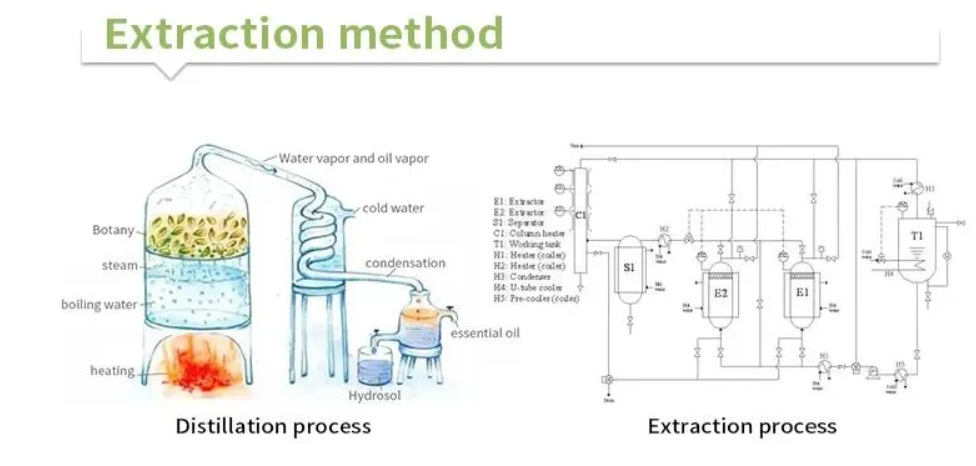
Storage: Keep in a cool, dry, and clean place, Protect from moisture and direct light.
Bulk Package: 25kg/drum.
Lead Time: 7 days after your order.
Shelf Life: 2 years.
Remark: Customized specifications also can be achieved.
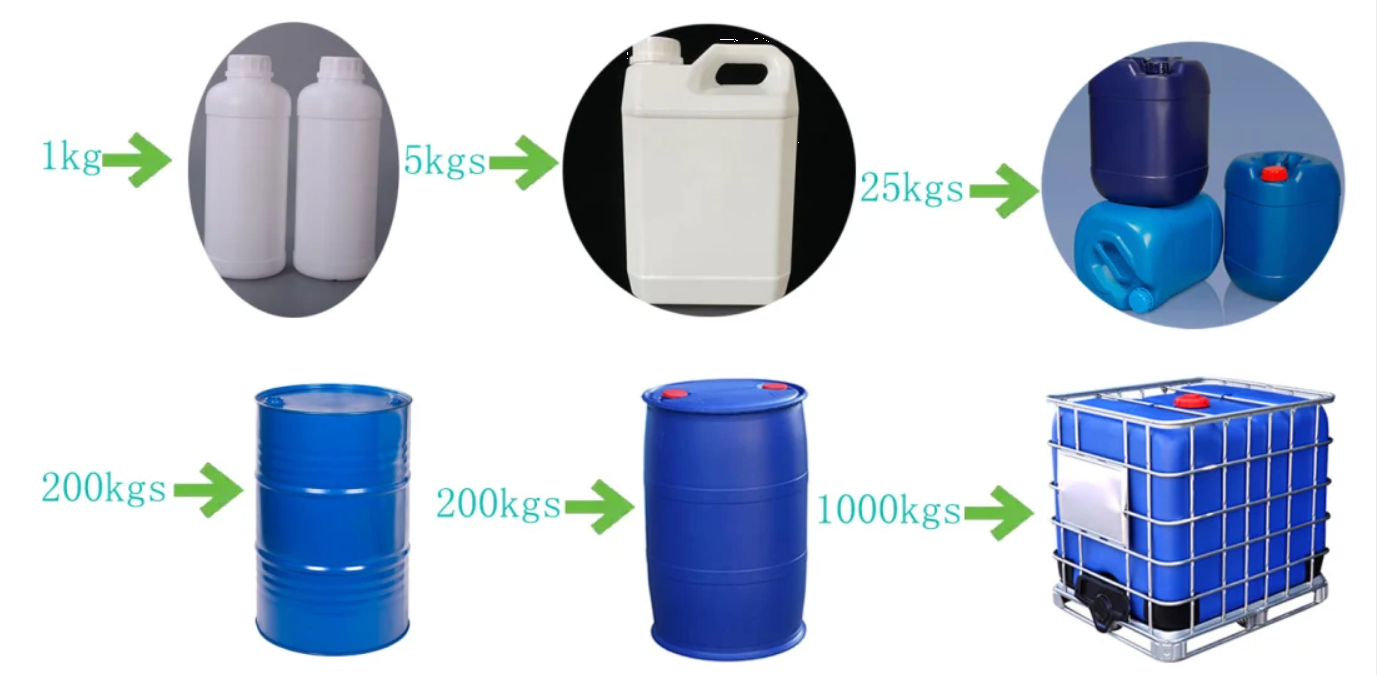
Express
Under 100kg, 3-5Days
Door to door service easy to pick up the goods
By Sea
Over300kg, Around 30 Days
Port to port service professional clearance broker needed
By Air
100kg-1000kg, 5-7Days
Airport to airport service professional clearance broker needed

Therapeutic-Grade Lemon Peel Essential Oil is certified by USDA and EU organic, BRC, ISO, HALAL, KOSHER, and HACCP certificates.

While therapeutic-grade lemon peel essential oil has many benefits, it also has some potential disadvantages to consider:
Photosensitivity: Lemon peel essential oil contains compounds that can increase skin sensitivity to sunlight or UV rays. If applied topically before sun exposure, it can lead to skin irritation, redness, or burns. It is crucial to avoid direct sun exposure after using lemon peel essential oil topically and consider diluting it with a carrier oil to minimize the risk of photosensitivity.
Skin irritation: Some individuals may have sensitive skin and can potentially experience allergic reactions or skin irritation when using lemon peel essential oil. It is important to perform a patch test before using it extensively and dilute it properly in carrier oil to reduce the risk of adverse reactions.
Citrus oil precautions: Lemon peel essential oil is a citrus oil, and certain citrus oils can cause skin sensitization or allergic reactions in some people. It is recommended to consult with a healthcare professional or essential oil expert if you have any pre-existing skin conditions or sensitivities.
Internal use precautions: While lemon peel essential oil is generally considered safe for internal use in small quantities, it is highly concentrated. Internal use should be done under the guidance of a qualified healthcare professional to ensure appropriate dosage and safety. It is also important to note that internal use is not suitable for everyone, including children, pregnant or nursing women, or individuals with certain health conditions.
Essential oil quality: When using essential oils, including lemon peel essential oil, it is crucial to ensure you are using high-quality, therapeutic-grade oils from reputable sources. Poor quality or adulterated oils may not provide the intended benefits and can potentially have unknown or harmful side effects.
It is important to remember that essential oils are powerful substances and should be used responsibly and with proper knowledge. If you have any concerns or specific health conditions, it is recommended to consult with a healthcare professional before using lemon peel essential oil or any other essential oil.





